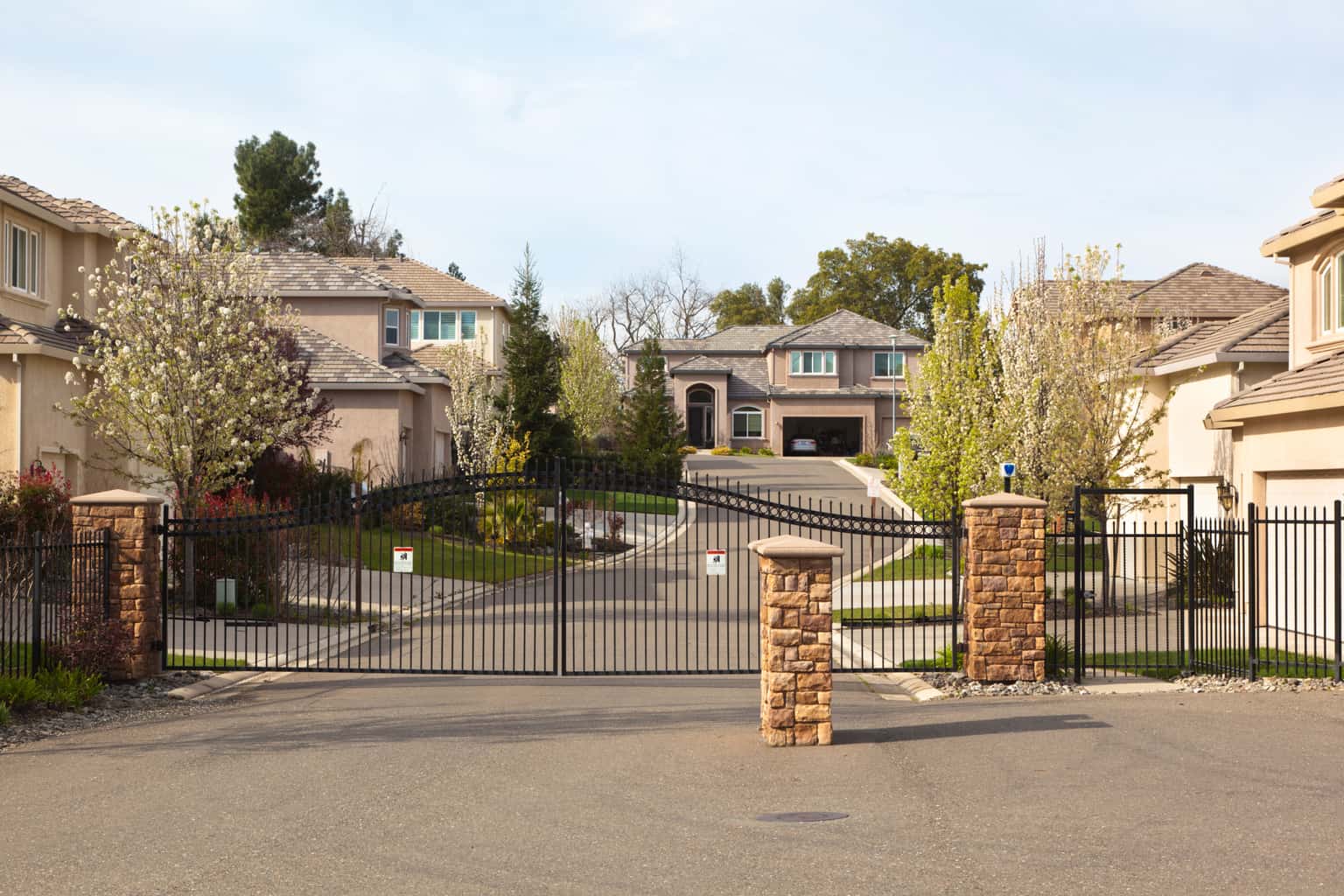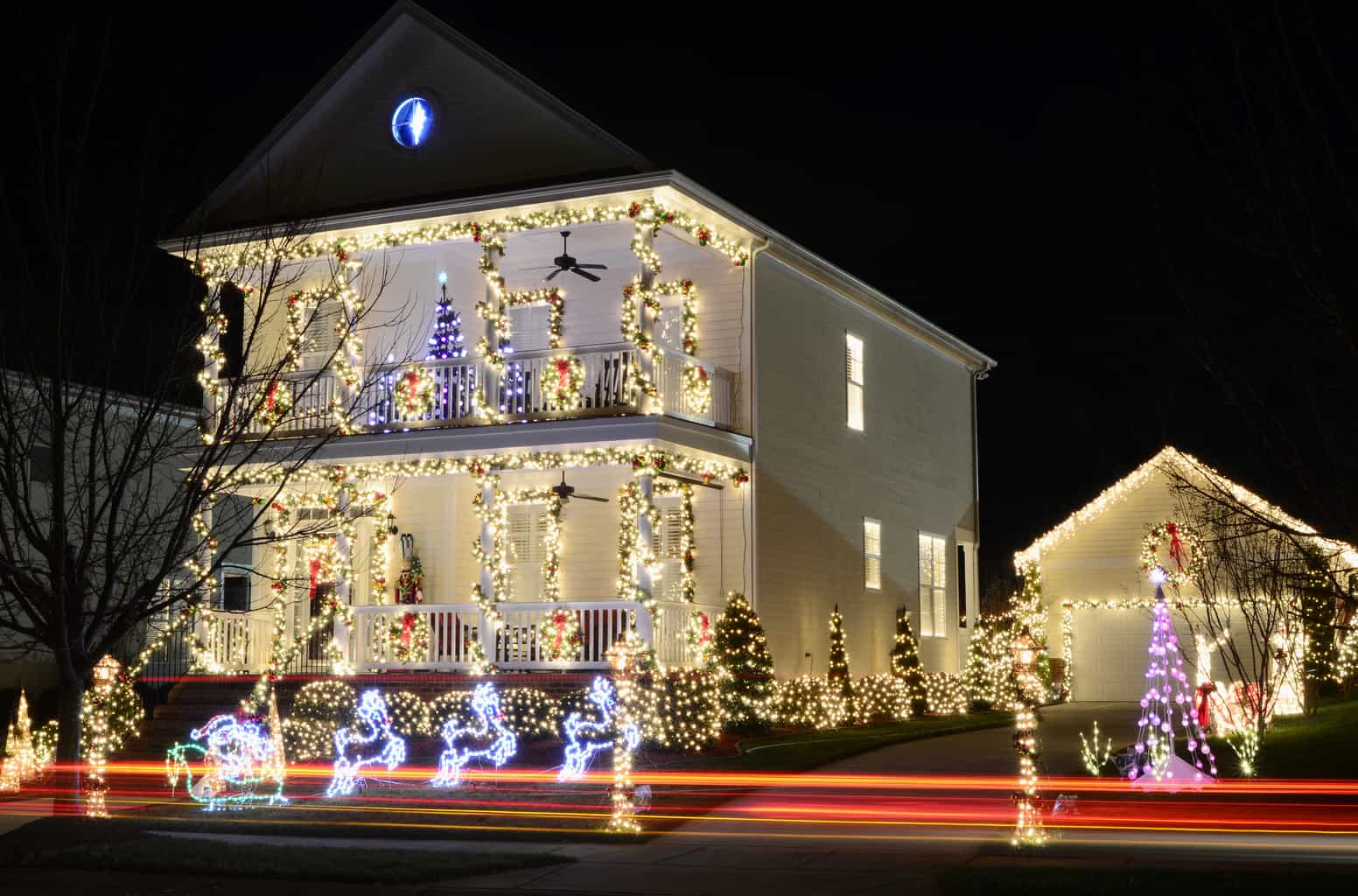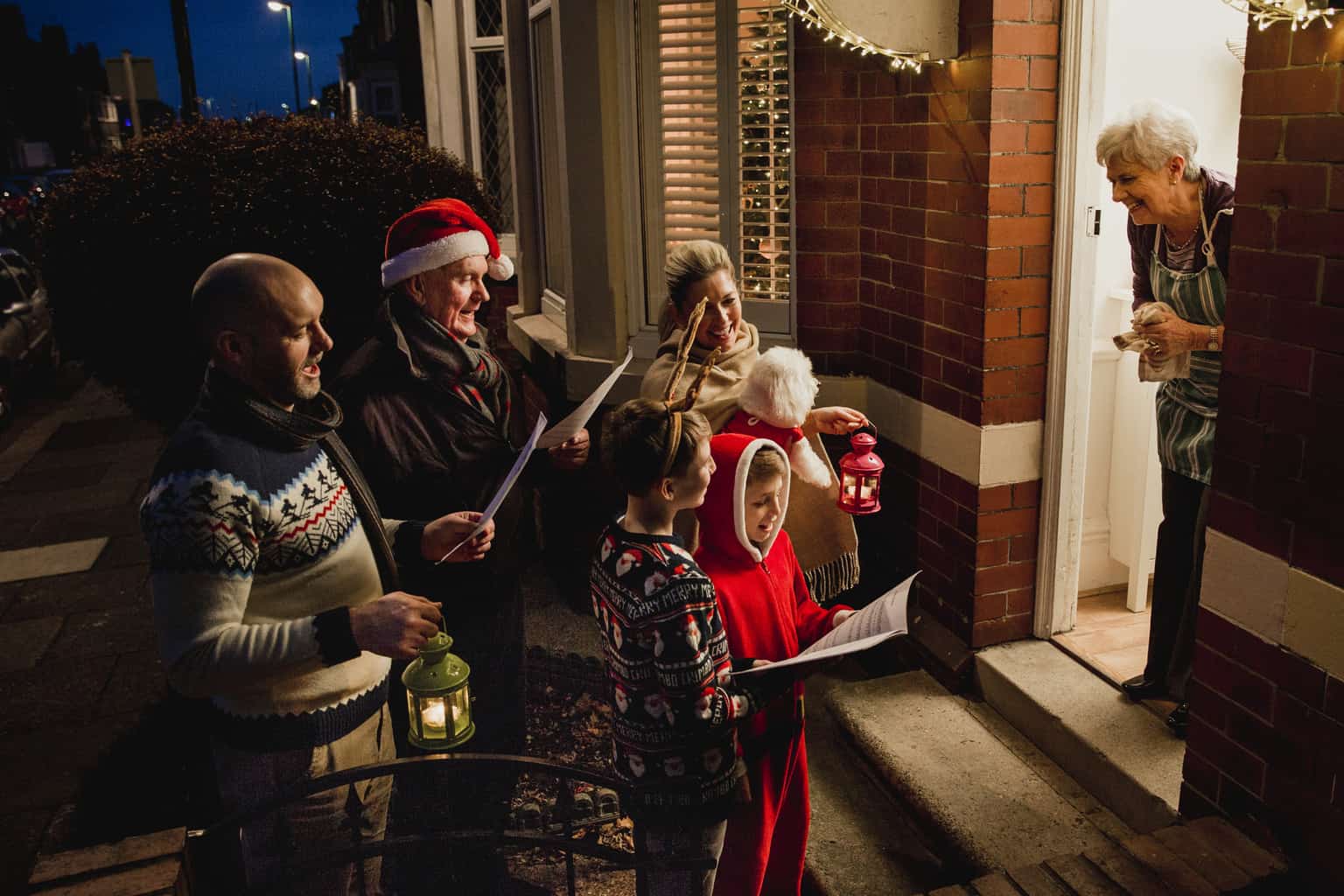Tips For Raising Homeowner Assessments
The last thing that any Aurora HOA board wants to do is raise fees for homeowners. However, it can sometimes be unavoidable if your association’s financial state requires it. Regardless of necessity, though, it’s extremely rare that homeowners will embrace the increased fees with open arms. Concern, confusion, and anger are all common reactions that you’ll encounter when notifying residents of increased assessments. However, there are steps that you can take in order to minimize the negative reaction from your homeowners.
What Are Assessments & Why Do They Increase?
Assessments are the fees that all association members must pay in order to continue living within a homeowners association. These assessments cover the cost of services that benefit the entire association, such as the maintenance of common areas. Fee increases are only implemented when absolutely necessary, such as when long-term costs are projected to increase. This may be due to a gradual increase in the cost of living or upcoming projects that need to be funded.
Notify Residents Right Away
If your HOA board does decide that an assessment increase is necessary, make sure that you notify residents as soon as possible. Right after the board approves the action, draft and send a letter to each homeowner explaining the increase. In many states, you’ll need to provide at least 30 days’ notice, and the more notice, the better when it comes to minimizing your community’s reaction.

Explain Your Reasoning
When people are told that they will be spending more money, their first reaction will almost always be confusion and alarm. In the letter, clearly explain why the increase is unavoidable. Provide budgets, statements, graphs, and other documentation to support your decision. Justifying your board’s actions as much as possible will help clear up any confusion and minimize the number of homeowners coming to you with questions and concerns.
Provide Reassurance & Assistance
No matter how well you prepare them for the decision, there may be homeowners who simply cannot afford the increase or who will be cutting it close financially. Reassure them that you understand their stress and that this decision was the only option remaining. In the case of emergency or special assessments, consider offering payment plans or be reasonably flexible with deadlines in order to accommodate homeowners that will be under financial strain. The display of understanding and compassion will reassure homeowners and minimize any poor reactions to the decision.
At The Management Trust, we can assist Aurora HOA boards with handling difficult tasks such as these. While executive decisions always come from the board, we can execute those plans and implement any changes that need to be made on behalf of the community association. More than 1,500 communities throughout the country trust The Management Trust to get the job done right, including dozens throughout the Aurora area. To find out more about our community association management services, give us a call today at (303) 750-0994.















